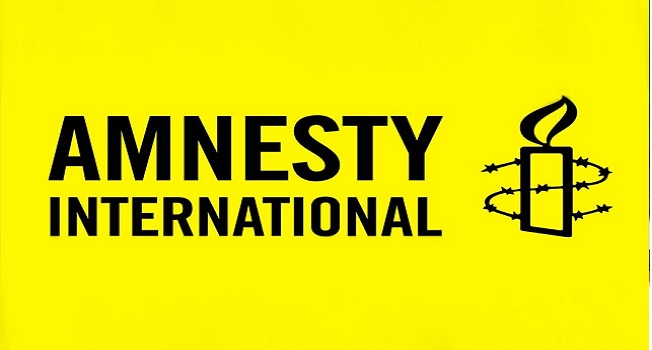Amnesty International says it holds concrete evidence, including the names and addresses of individuals allegedly killed extrajudicially by the Nigerian military in the South-East geopolitical zone.
“We have gathered our evidence and are ready to present it. We remain in constant contact with victims’ families and believe there is a need for deep reflection. Let us examine these cases, establish who did what and when, and ensure the full force of the law delivers justice for the victims,” said Isa Sanusi, Amnesty International Nigeria’s Country Director, during Channels Television’s The Morning Brief on Friday.
In its latest report, A Decade of Impunity: Attacks and Unlawful Killings in Southeast Nigeria, the organisation accused the Nigerian police, military, regional security outfit Ebube Agu, and non-state actors of widespread human rights abuses in the region.
The report records over 1,844 deaths between January 2021 and June 2023, alongside instances of torture, enforced disappearances, arbitrary arrests, and other violations.
However, Major General Markus Kangye, Director of Defence Media Operations, rejected Amnesty’s findings, maintaining that the military does not engage in extrajudicial killings in the South-East or anywhere in Nigeria. He claimed security operations in the zone have reduced criminal activity.
Sanusi dismissed Defence Headquarters’ claim that Amnesty consistently targets the military. “The defence spokesperson is completely wrong. Our report also notes incidents where military personnel were executed or their barracks attacked. We are not targeting the military; we are honestly reporting verified cases,” he said.
He explained that many of the alleged killings occurred during operations in areas suspected of harbouring members of the Indigenous People of Biafra (IPOB) or its armed wing, the Eastern Security Network (ESN). In some cases, individuals were allegedly taken from their homes and never seen again.
Amnesty interviewed 100 people, mostly face-to-face in the South-East, for the report. The organisation wrote to the military detailing the allegations and requesting information on how their operations affect human rights but reportedly received no reply.
“We have nothing against the military,” Sanusi stressed. “Our records include victims killed not only by the military, but also by the police and the Ebube Agu, which was set up by some governors to tackle insecurity but has instead become a tool for abuse.”



